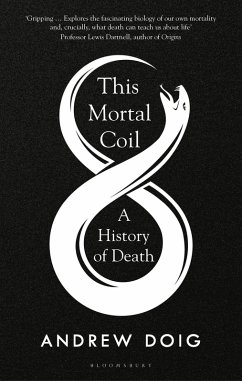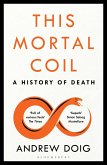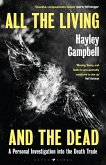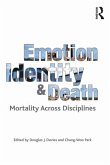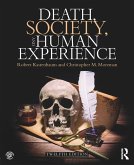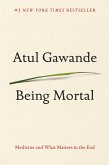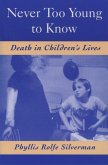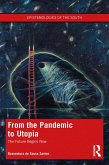A GUARDIAN, ECONOMIST AND PROSPECT BOOK OF THE YEAR
'A superb book' Simon Sebag Montefiore
'An empowering story of human ingenuity' Economist
'Full of curious facts' The Times
Causes of death have changed irrevocably across time. In the course of a few centuries we have gone from a world where disease or violence were likely to strike anyone at any age, and where famine could be just one bad harvest away, to one where in many countries excess food is more of a problem than a lack of it. Why have the reasons we die changed so much? How is it that a century ago people died mainly from infectious disease, while today the leading causes of death in industrialised nations are heart disease and stroke? And what do changing causes of death reveal about how previous generations have lived?
University of Manchester Professor Andrew Doig provides an eye-opening portrait of death throughout history, looking at particular causes - from infectious disease to genetic disease, violence to diet - who they affected, and the people who made it possible to overcome them. Along the way we hear about the long and torturous story of the discovery of vitamin C and its role in preventing scurvy; the Irish immigrant who opened the first washhouse for the poor of Liverpool, and in so doing educated the public on the importance of cleanliness in combating disease; and the Church of England curate who, finding his new church equipped with a telephone, started the Samaritans to assist those in emotional distress.
This Mortal Coil is a thrilling story of growing medical knowledge and social organisation, of achievement and, looking to the future, of promise.
'A superb book' Simon Sebag Montefiore
'An empowering story of human ingenuity' Economist
'Full of curious facts' The Times
Causes of death have changed irrevocably across time. In the course of a few centuries we have gone from a world where disease or violence were likely to strike anyone at any age, and where famine could be just one bad harvest away, to one where in many countries excess food is more of a problem than a lack of it. Why have the reasons we die changed so much? How is it that a century ago people died mainly from infectious disease, while today the leading causes of death in industrialised nations are heart disease and stroke? And what do changing causes of death reveal about how previous generations have lived?
University of Manchester Professor Andrew Doig provides an eye-opening portrait of death throughout history, looking at particular causes - from infectious disease to genetic disease, violence to diet - who they affected, and the people who made it possible to overcome them. Along the way we hear about the long and torturous story of the discovery of vitamin C and its role in preventing scurvy; the Irish immigrant who opened the first washhouse for the poor of Liverpool, and in so doing educated the public on the importance of cleanliness in combating disease; and the Church of England curate who, finding his new church equipped with a telephone, started the Samaritans to assist those in emotional distress.
This Mortal Coil is a thrilling story of growing medical knowledge and social organisation, of achievement and, looking to the future, of promise.

